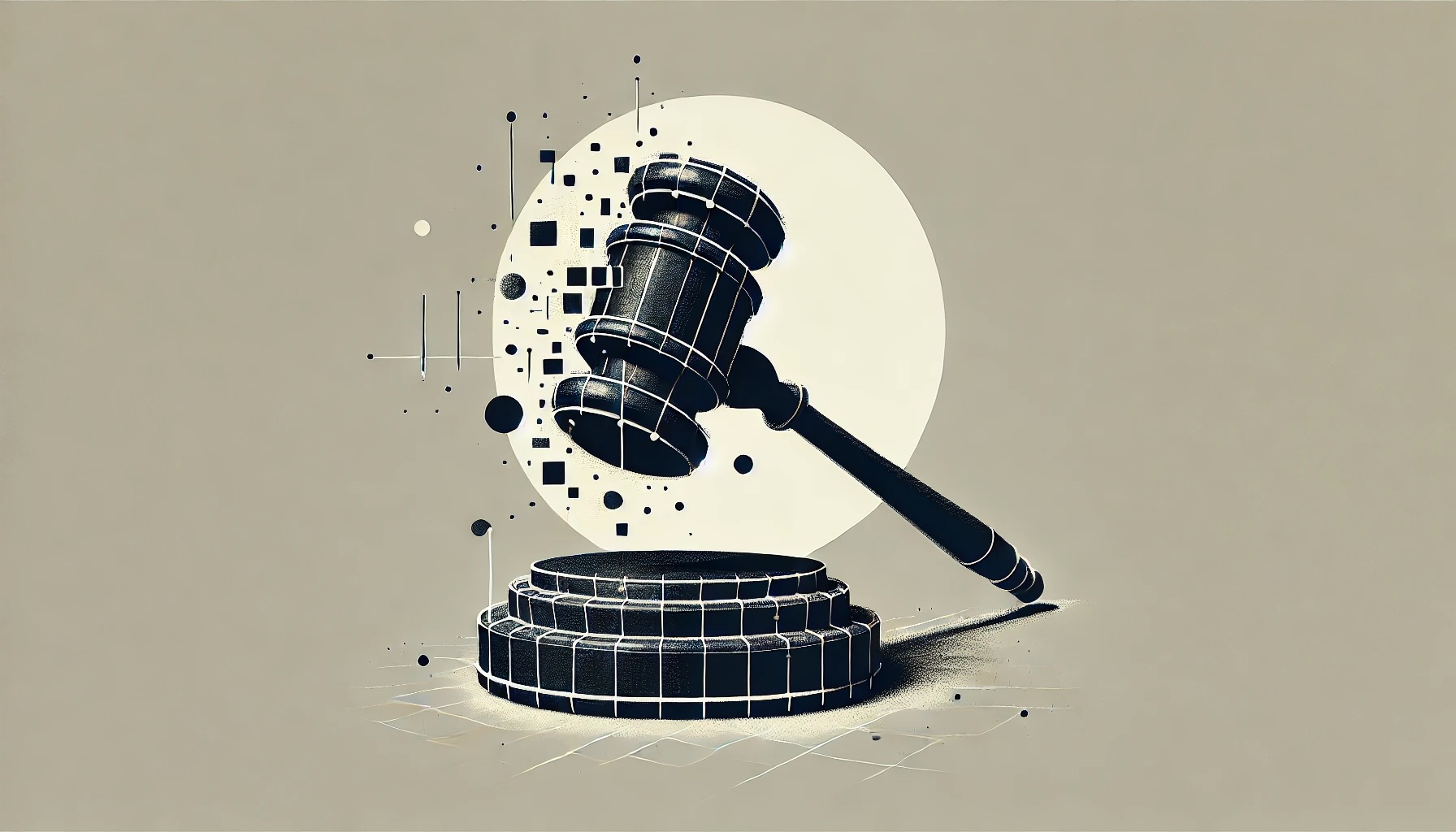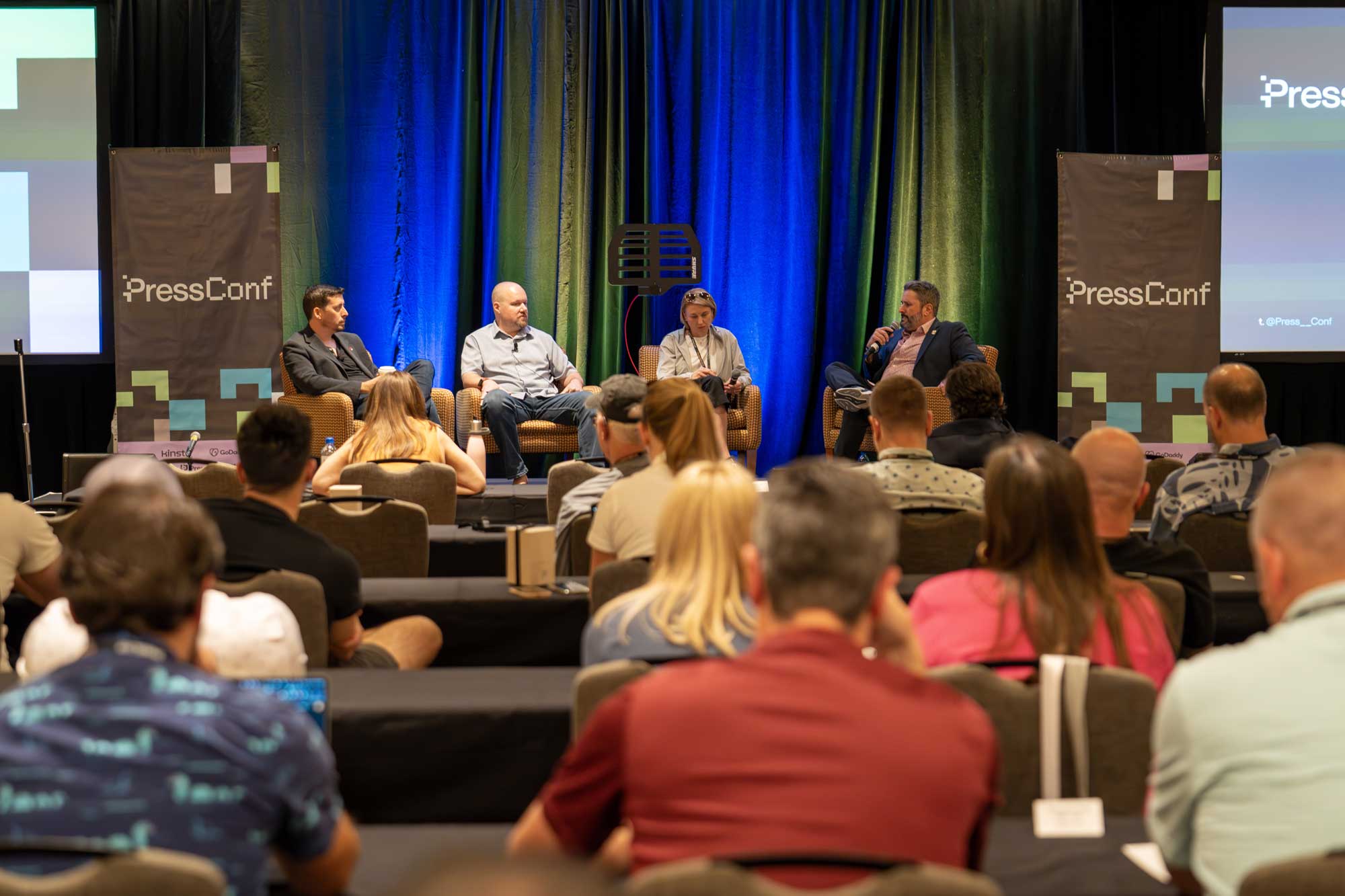WP Engine is taking legal action against Automattic and Matt Mullenweg, accusing the rival hosting company and its CEO of abuse of power, attempted extortion, and leveraging trademark law for anti-competitive purposes. The lawsuit is the latest volley between the companies after Mullenweg accused WP Engine of profiting off the WordPress project and violating trademarks at WordCamp US.
In a statement published on X and shared with The Repository, WP Engine said Mullenweg and Automattic’s “self-proclaimed scorched earth campaign against WP Engine” had harmed not just the company but the entire WordPress ecosystem.
“The symbiotic relationship between WordPress, its community and the businesses that invest millions to support WordPress users, and advance the ecosystem, is based on trust in the promises of openness and freedom. Matt Mullenweg’s conduct over the last ten days has exposed significant conflicts of interests and governance issues that, if left unchecked, threaten to destroy that trust. WP Engine has no choice but to pursue these claims to protect its people, agency partners, customers, and the broader WordPress community,” WP Engine wrote.
Further, WP Engine’s complaint, filed in the United States District Court for the Northern District of California today, outlined that:
“This is a case about abuse of power, extortion, and greed. The misconduct at issue here is all the more shocking because it occurred in an unexpected place—the WordPress open source software community built on promises of the freedom to build, run, change, and redistribute without barriers or constraints, for all. Those promises were not kept, and that community was betrayed, by the wrongful acts of a few—Defendants—to the detriment of the many, including WPE.”
The complaint accused Mullenweg, a co-founder of WordPress, of having a “long history of obfuscating the true facts about his control and manipulation of the WordPress Foundation and WordPress.org,” highlighting his alleged failure to disclose the licensing agreement that existed between the foundation and Automattic for the exclusive use of the WordPress trademarks for commercial purposes.
The company also accused Automattic and Mullenweg of seeking to ban WP Engine from the WordPress community unless the company agreed to pay tens of millions of dollars in exchange for use of the WordPress and WooCommerce trademarks.
WP Engine defended its use of the WordPress trademarks since the company’s founding in 2010, stating that this “referential, or nominative, use” had long been condoned by Automattic and Mullenweg and was “widely mirrored by the entire WordPress community.”
The legal complaint also accused Mullenweg of threatening WP Engine CEO Heather Brunner in private text messages following an attempt to poach her to work for Automattic. In one message, dated September 29, Mullenweg allegedly threatened to tell the press and WP Engine’s main investor, Silver Lake, that she had interviewed with Automattic if she declined the job offer.
On Hacker News today, Mullenweg claimed he interviewed Brunner between November 2023 and January 2024 for a role leading WordPress.org. WP Engine’s complaint contradicted this, claiming Brunner never interviewed or negotiated a job offer with Automattic.
In a statement published on the Automattic website, the company said WP Engine’s lawsuit was “meritless.”
“Last night, WP Engine filed a baseless lawsuit against Automattic, Matt Mullenweg, and WordPress.org. Their complaint is flawed, start to finish. We vehemently deny WP Engine’s allegations—which are gross mischaracterizations of reality—and reserve all of our rights. Automattic is confident in our legal position, and will vigorously litigate against this absurd filing, as well as pursue all remedies against WP Engine. Automattic has retained Neal Katyal, former Acting Solicitor General of the United States, and his firm Hogan Lovells, LLP, to represent us.”
The lawsuit comes a day after WP Engine’s access to WordPress.org was again blocked following a temporary reprieve that allowed the company to find a workaround for plugin and theme updates. WP Engine has since deployed its own “solution” but is seeking an injunction to compel Mullenweg to reinstate its access.
Yesterday, Automattic published a proposed trademark license agreement sent to WP Engine on September 20 outlining a demand for 8% of WP Engine’s gross revenue, 8% of its revenue in the form of salaries for WP Engine employees working on WordPress core features and functionality to be directed by WordPress.org, or some combination of both options in return for the use of the WordPress trademarks.
Update, October 3: Added a statement from Automattic.









Comments
One response to “WP Engine sues Automattic and Matt Mullenweg, alleging abuse of power, extortion, and anti-competitive behavior”
The confusion on Matt Mullenweg’s side about the control of WordPress.org is still going. Yesterday, the associate general counsel at Automattic wrote a post on their website that said the WordPress “Foundation also licensed the name WordPress to the non-profit WordPress.org, which runs a website that facilitates access to WordPress-related software.” As mentioned in the lawsuit, recently Matt has been claiming to personally own WordPress.org. If there is a second non-profit in addition to the WordPress Foundation and it controls WordPress.org, it appears to be news to everyone, including Matt.